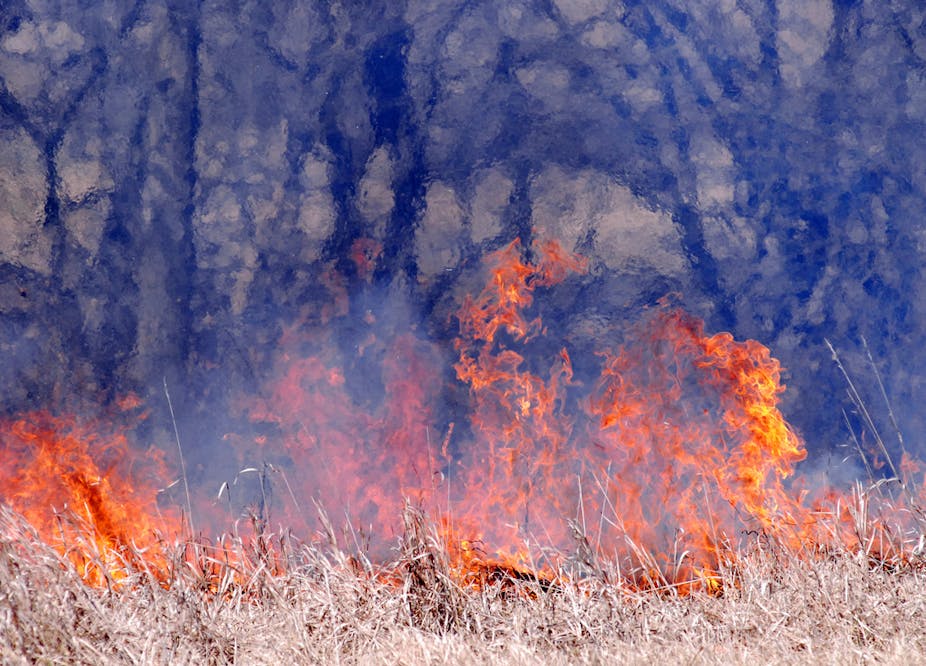The world’s top climate scientists have warned that the heat waves that have killed thousands of people during recent summers are to become more common and more deadly.
The Intergovernmental Panel on Climate Change (IPCC), a body of scientists that advises governments on global warming, plans to release a special report on extreme weather events and climate change adaptation later this year.
Speaking on the sidelines of a meeting of key IPCC scientists on the Gold Coast, the chair of the panel, Dr Rajendra Pachauri, said the new report will include new projections of extreme weather events to help governments better prepare.
“The whole purpose is to see that we have prepared societies across the globe to deal with some of these problems, which are certainly going to become more severe unless we act,” he said at a press conference.
To illustrate the dangers of climate-change generated heat waves, Dr Pachauri pointed to the 4000 people who were killed in the Indian state of Andra Pradesh in 2003 after 27 consecutive days of temperatures up around 47 degrees Celsius.
“What we found (in that case) was that there were absolutely no early warning systems. People were connected to the radio and the television in different parts of the state but we never used this media to warn them, to inform them what could been done… simple things like rehydration therapy,” he said.
“What we would have to do to adapt to the increase in heatwaves would vary depending on the circumstances in certain parts of the world,” he said.
Professor Neville Nicholls, a lead author on the IPCC special report on extreme events and an academic at Monash University, noted that 173 people were killed in the Black Saturday bushfires of 2009.
“But sometimes people forget that the week before that, 374 died in Victoria and another 150 in South Australia from a heat wave,” he said.
“We often see the deaths from events like that are usually from the older population but, in that that particular heat wave, there was a 55 percent increase in the age group of 5 – 64. So that affected quite a lot of the population.”
He said authorities should start thinking of ways to manage a higher incidence of hot extremes and fewer cold extremes in future.
“We’ve traditionally had fewer ambulance call outs in summer and more health impacts of cold extremes. I suspect that’s changing,” he said. “We are getting more mortality and morbidity due to the hot extremes and fewer deaths in cold extremes. You can do things to manage for change.”
Professor John Handmer, Director of the Centre for Risk and Community Safety at RMIT University in Melbourne and a lead author on the IPCC special report on extreme events, said water resource management was the major climate change adaptation issue facing Australian governments.
The changes underway “will require us in Australia to alter our water consumption patterns quite radically,” he said.
The report will also examine other climate change related extreme weather events, such as hurricanes, floods and heavy rains.

